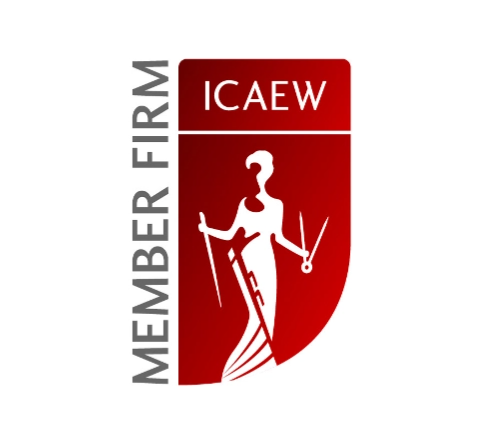When your employees go to work abroad you need to think about their potential liability to income tax and national insurance, but be careful because there are different rules for each.
The tax liability will depend on how long the employee is to be working outside of the UK. If the employee is to work on a full time contract overseas for at least a year, he will be treated as not resident, and not ordinarily resident in the UK and not subject to UK tax on his overseas earnings, if both of the following conditions apply:
The employee should complete the HMRC form P85 when he leaves the UK, which can be downloaded from the HMRC website. When this form is submitted to HMRC request that the employee’s PAYE code is set to NT, so his salary can then be paid without UK income tax deducted. However the employee may become liable to pay income tax in the country where he is working, so you need to get local tax advice specific to that country.
When the employee returns to the UK after completing his overseas duties he should complete the HMRC form P86 to tell the tax office he is now permanently back in the UK.
Where the employee has been living and working as an employee (as opposed to being self-employed) in the UK before he goes abroad, the liability to national insurance will continue for 52 weeks after he leaves. This means that you as the employer, and your employee, both have to pay class 1 NICs for 52 weeks while the employee works abroad. However, there may be a special agreement (known as a reciprocal agreement) for social security contributions between the UK and the country where your employee will be working, which will determine where social security contributions (such as national insurance) should be paid.
Where the employee is going to work in an EEA country (basically the EU plus some others) or a country which has a reciprocal agreement with the UK, you as the employer should complete two HMRC forms: CA 3821 and CA3822.
It can be to the advantage of the employee to remain contributing to the UK national insurance fund to ensure that their rights to certain benefits and to the state retirement pension are not reduced. Once the 52 week period has ceased, the employee can carrying on paying UK national insurance in the form of class 2 contributions. If the only reason for paying these contributions is to achieve the maximum UK state retirement pension, the employee should check whether he is likely to achieve that based on his UK earnings alone. The number of years of contributions required to achieve the maximum state pension is now 30 years.
We can help you complete the necessary HMRC forms when your employee goes to work abroad, so please contact us.
We are members of the ICAEW (The Institute of Chartered Accountants in England & Wales). Our team are also trained and qualified on the most popular accounting systems. Palmer, Riley & Co is a Silver Partner of Xero and are Certified ProAdvisors for Quickbooks.




